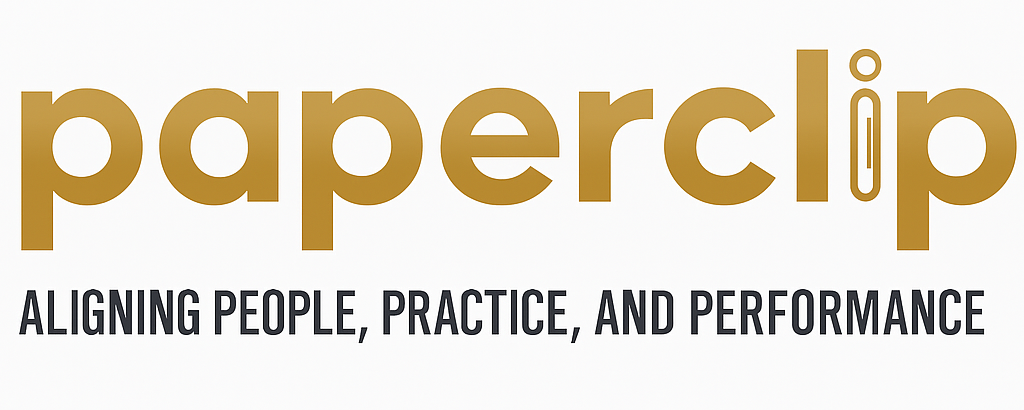The Future of HR
The field of Human Resources (HR) has evolved dramatically over the past decades, shifting from administrative personnel management to a strategic function integral to an organization’s success. As we look to the future, this evolution will continue, shaped by technological advances, changing workplace dynamics, and evolving employee expectations. Here’s a glimpse of what the future might hold for HR:
1. The Rise of HR Technology
Technological innovation is changing how HR functions. From applicant tracking systems that streamline recruitment to platforms that automate payroll and benefits management, technology is making HR more efficient and data-driven. Future advancements, including AI and machine learning, will further enhance these capabilities. Predictive analytics, for example, can help HR anticipate talent needs, predict turnover, and identify potential leaders.
2. Remote Work and Flexibility
The COVID-19 pandemic has thrust remote work into the spotlight, proving that many jobs can be done effectively outside a traditional office setting. As we move towards the future, flexible work arrangements will likely become the norm, not the exception. HR will need to navigate this change, developing policies and practices that support remote work while maintaining productivity and engagement.
3. Employee Well-being and Mental Health
Employees increasingly expect their employers to support not just their professional development, but their personal well-being. This trend will continue, with HR playing a pivotal role. Expect to see an increased focus on initiatives promoting work-life balance, mental health, and overall well-being. HR will also need to foster a culture where employees feel comfortable discussing mental health without fear of stigma.
4. Diversity, Equity, and Inclusion (DEI)
There’s a growing recognition of the value of diverse and inclusive workplaces. Future HR departments will be at the forefront of promoting DEI, implementing strategies to attract, retain, and develop a diverse workforce. They’ll also work to foster an inclusive culture where all employees feel valued and heard.
5. Continuous Learning and Development
The rapid pace of change in today’s business environment necessitates continuous learning. Future HR departments will need to cultivate a culture of lifelong learning, offering development opportunities that allow employees to acquire new skills and adapt to changing job roles. With the rise of e-learning platforms, expect digital and personalized learning experiences to become increasingly prevalent.
6. The Employee Experience
The future of HR will be characterized by a heightened focus on the employee experience. From recruitment to retirement, every interaction an employee has with an organization contributes to this experience. HR will need to take a holistic view, examining how various elements—such as the work environment, technology tools, and management practices—impact employees and seeking to optimize these for greater engagement and satisfaction.
7. People Analytics
As HR becomes more strategic, data will play a central role. People analytics—using employee data to inform HR decisions—will become a standard practice. This data can provide invaluable insights, from identifying what factors contribute to employee turnover to understanding what benefits are most valued by employees.
In this ever-changing landscape, the future of HR is both exciting and challenging. By embracing change and focusing on innovation, HR can drive organizational success in the years to come. The key will be remembering that at the heart of HR is people, and ensuring their needs and experiences remain at the forefront of these transformations.
